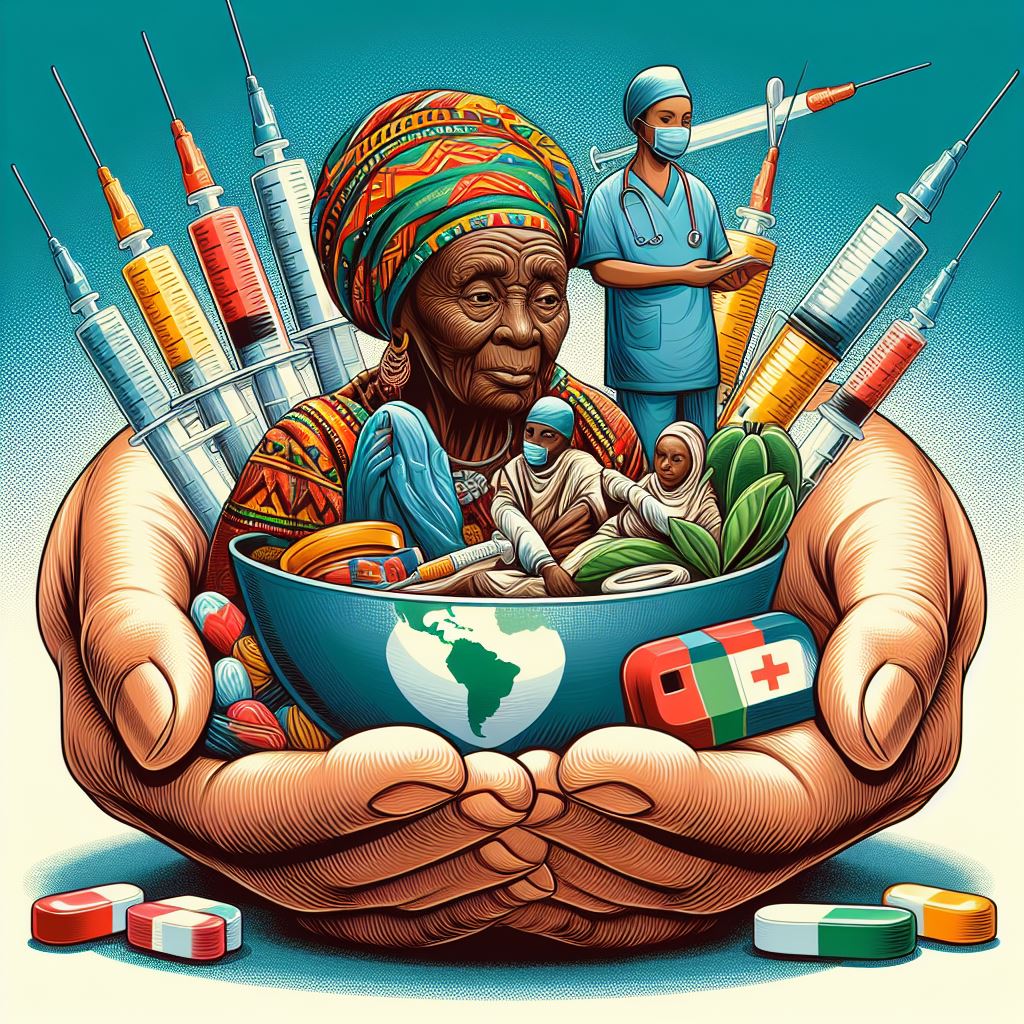
Introduction
Globally, an estimated 421 million hospitalisations occur annually, leading to approximately 42.7 million adverse events. Notably, two-thirds of these incidents transpire in low- and middle-income countries (LMICs). A study across 26 LMICs revealed an adverse event rate of around 8%, with 83% of these events being preventable and 30% resulting in fatalities. In healthcare settings, patient safety is supreme, however, challenges persist, particularly in LMICs. Despite these challenges, understanding and improving safety culture in African healthcare are crucial steps towards enhancing patient care quality. Moreover, safety culture significantly influences clinical outcomes and organisational effectiveness, making it a pivotal focus for healthcare improvement efforts.
Patient Safety and Adverse Events
Patient safety involves preventing avoidable harm and reducing risks associated with healthcare. LMICs face numerous challenges like understaffing, inadequate resources, and poor infrastructure, contributing to adverse events that result in significant morbidity and mortality. Safety culture encompasses shared values, attitudes, and behaviors that support safe practices, emphasising communication, teamwork, and confidence in preventive measures.
Research Methodology
Researchers conducted a systematic review and meta-analysis following PRISMA standards to investigate patient safety culture in African healthcare facilities. Subsequently, they examined English articles from 2012 to 2022 in PubMed, African journals, and Google Scholar. In this comprehensive analysis, 19 studies were identified that met the inclusion criteria for the review, with 17 deemed suitable for the meta-analysis. The researchers meticulously extracted and assessed data on various study characteristics, sample sizes, and results from the Hospital Survey on Patient Safety Culture (HSOPS) using the Joanna Briggs Institute tool.
Utilising Medcalc software, the researchers facilitated data analysis by calculating positive response proportions and evaluating both heterogeneity and publication bias. Notably, patient involvement was not incorporated into the study methodology. However, this rigorous approach ensured a thorough evaluation of safety culture, providing valuable insights that could potentially enhance the quality of patient care in African healthcare settings.
Researchers reviewed studies that evaluated patient safety culture using HSOPS in African healthcare settings from 2012 to 2022. The meta-analysis revealed an overall patient safety culture status of 51.6%, indicating room for improvement. Teamwork and supervisor expectations scored well, while non-punitive responses to errors and staffing showed lower positive responses.
Strengths and Areas for Improvement
Strengths include organisational learning, teamwork, and supervisor expectations; improvement needed in non-punitive responses and staffing. Effective communication, staffing levels, and learning from errors are crucial for fostering a positive safety culture.
Key findings
- Overall Patient Safety Culture Status: Meta-analysis shows patient safety culture in African health facilities at 51.6%, indicating a moderate level. With a 95% confidence interval ranging from 43.364% to 59.773%, these findings underscore the need for continued improvements in patient safety practices.
- Heterogeneity Among Studies: The results of Cochran’s Q test and I2 statistics showed substantial heterogeneity among the included studies, with an I2 value of 86.57%. Different healthcare settings in Africa perceive and practice patient safety culture in varying ways, indicating variations.
- Lowest and Highest Scores: The study reported the lowest patient safety culture status in a Libyan study at 38.4% and the highest in a Nigerian study at 66.7%. These findings highlight the variability in safety culture perceptions and practices among different countries within Africa.
Conclusion
Creating a robust patient safety culture has significant implications in African healthcare system. Adverse events not only harm patients but also increase healthcare costs due to prolonged hospital stays, additional treatments, and legal expenses. Investing in safety culture improvements can lead to better health outcomes and cost savings.
Healthcare institutions should make safety culture a top priority by using reliable assessment methods, encouraging collaboration among staff, maintaining proper staffing levels, and advocating for a fair culture. These efforts can lower incidents, enhance patient outcomes, and maximise resource efficiency.
